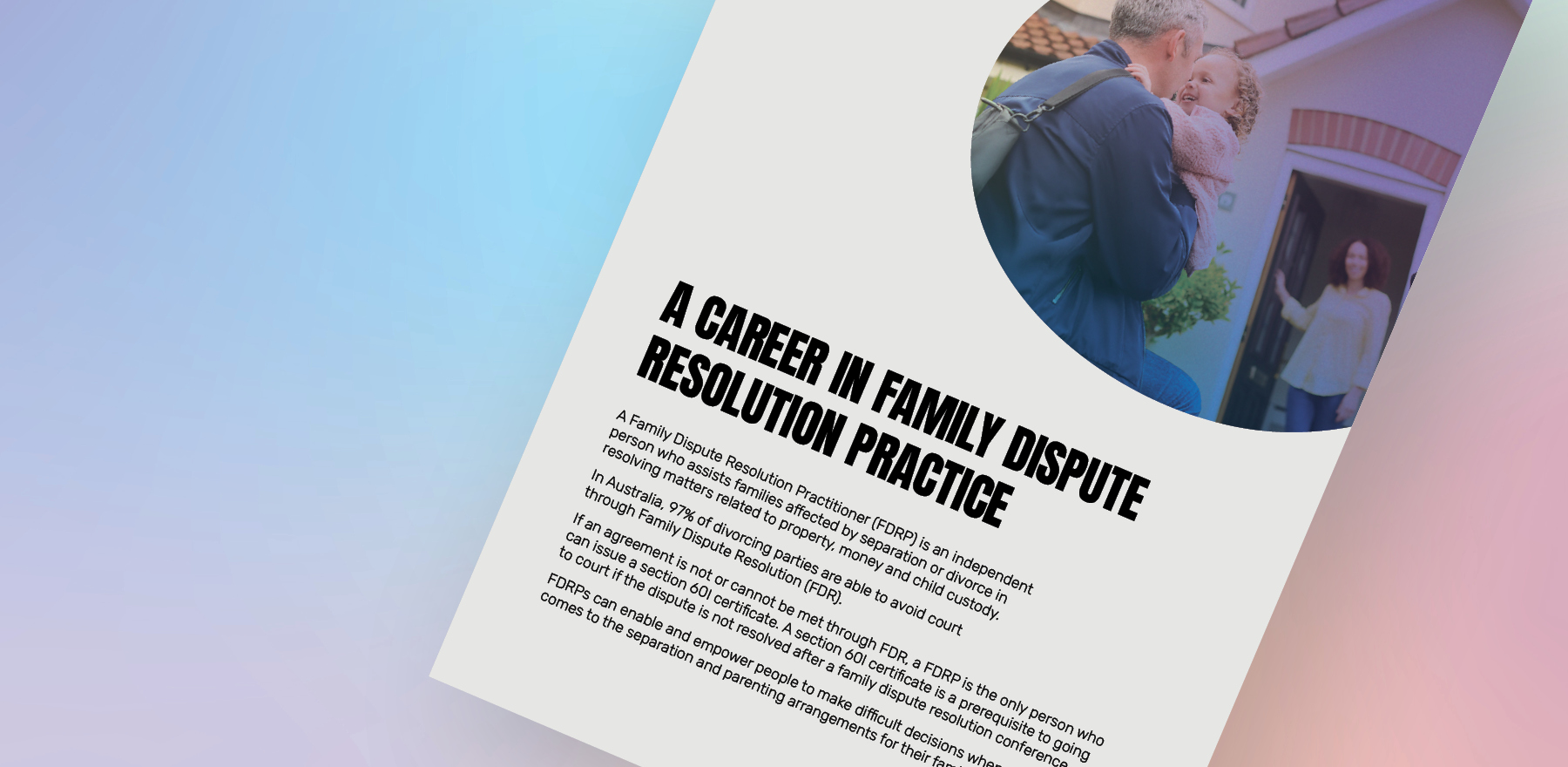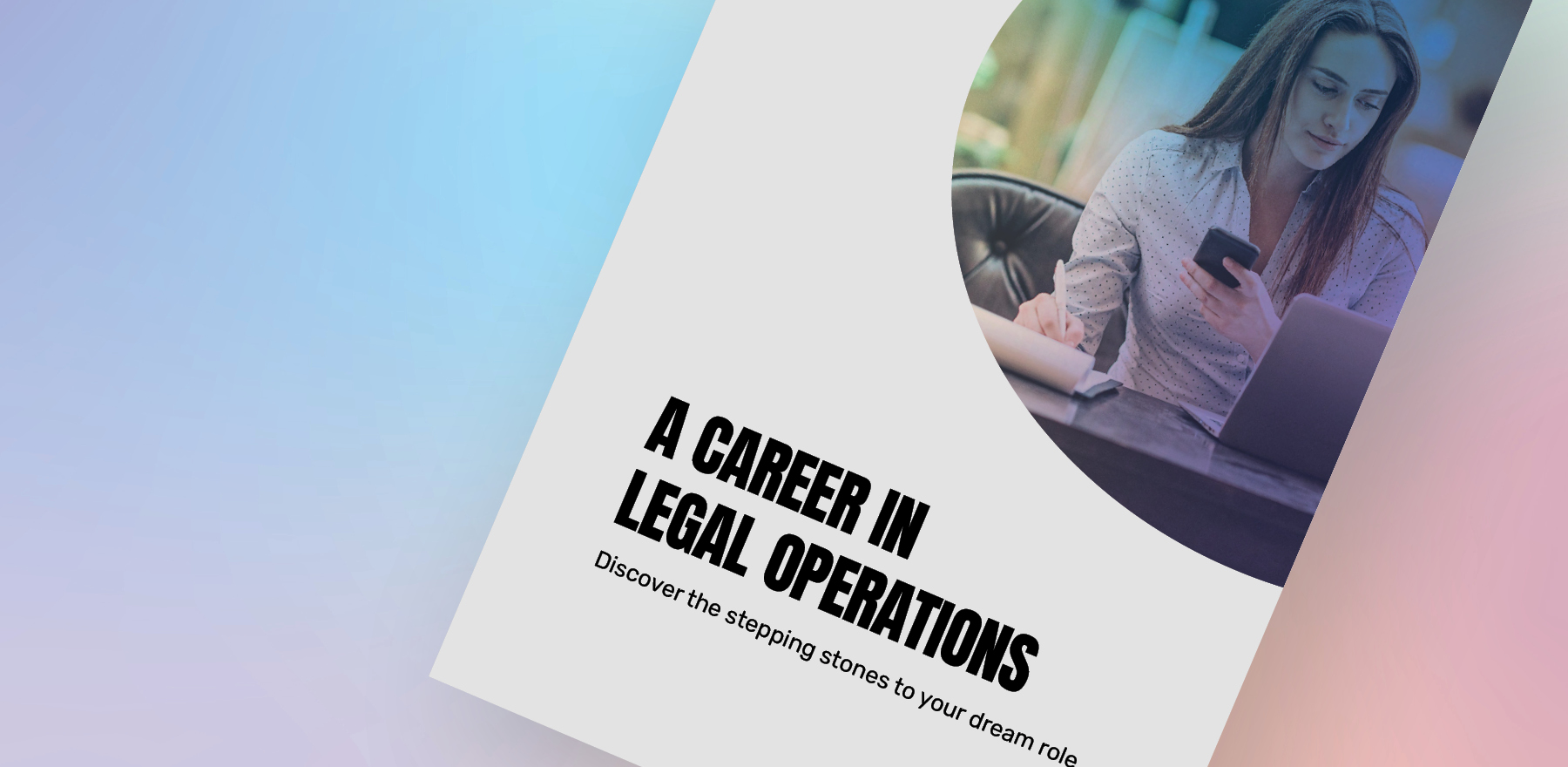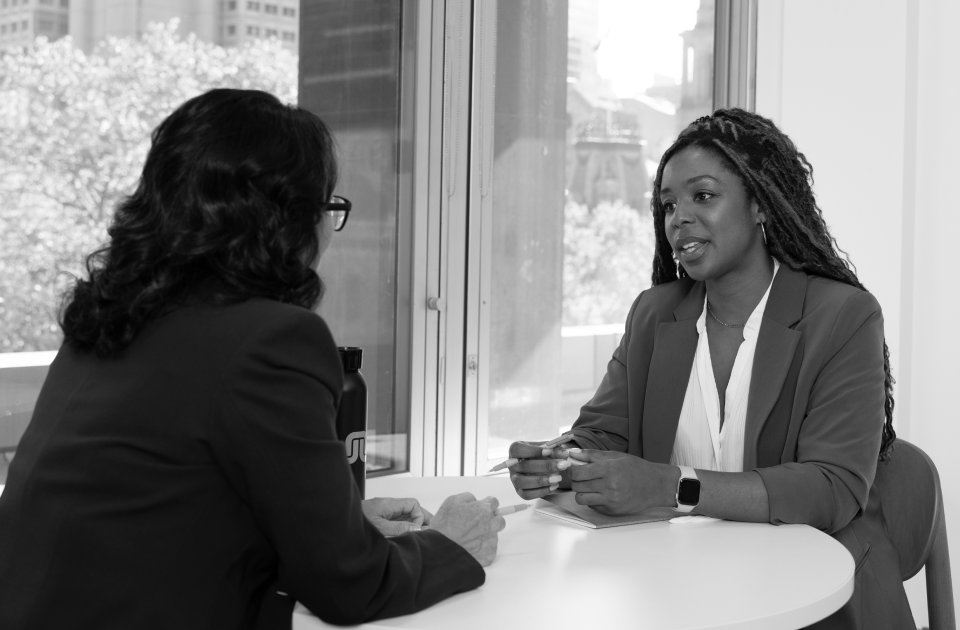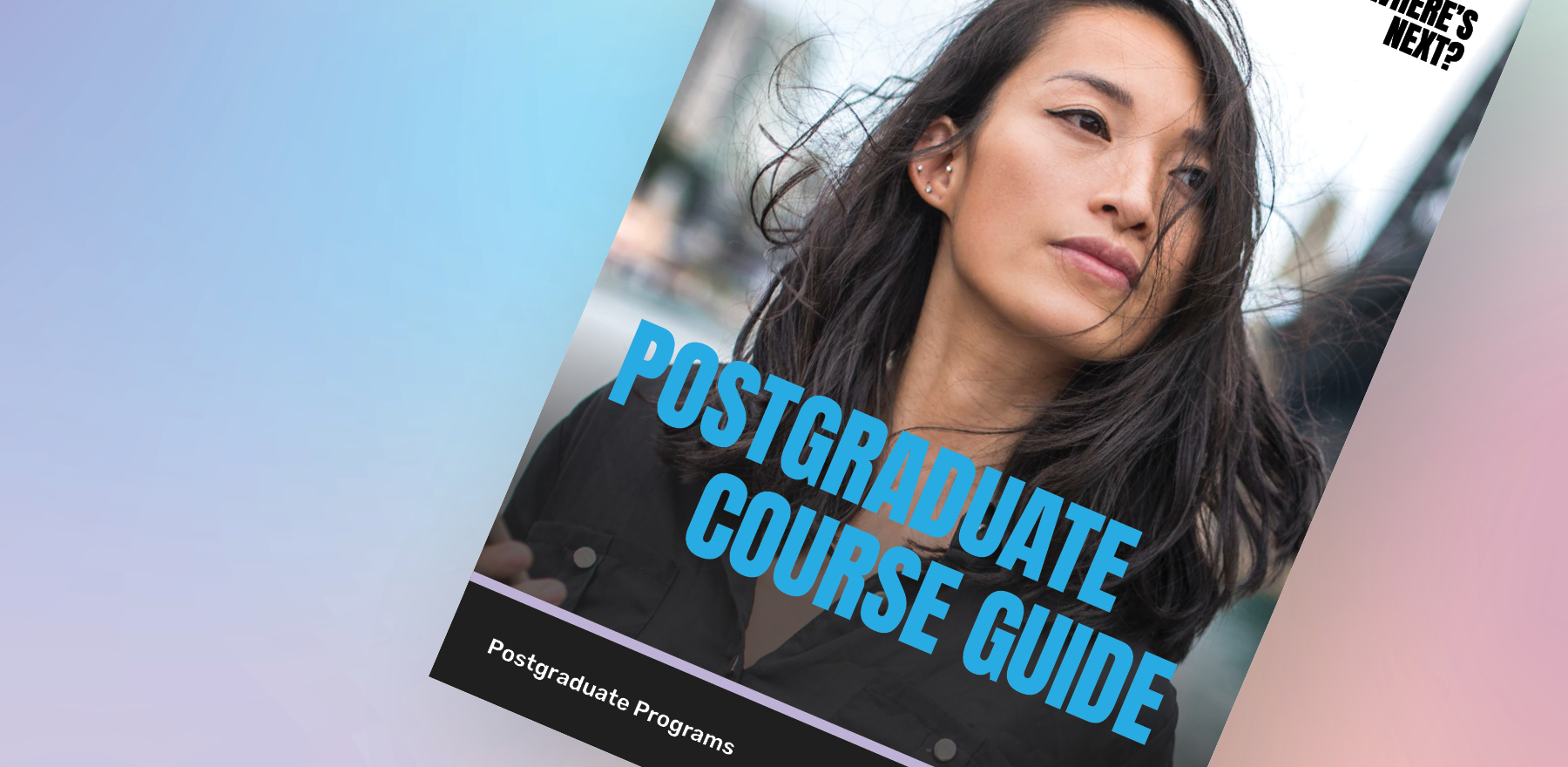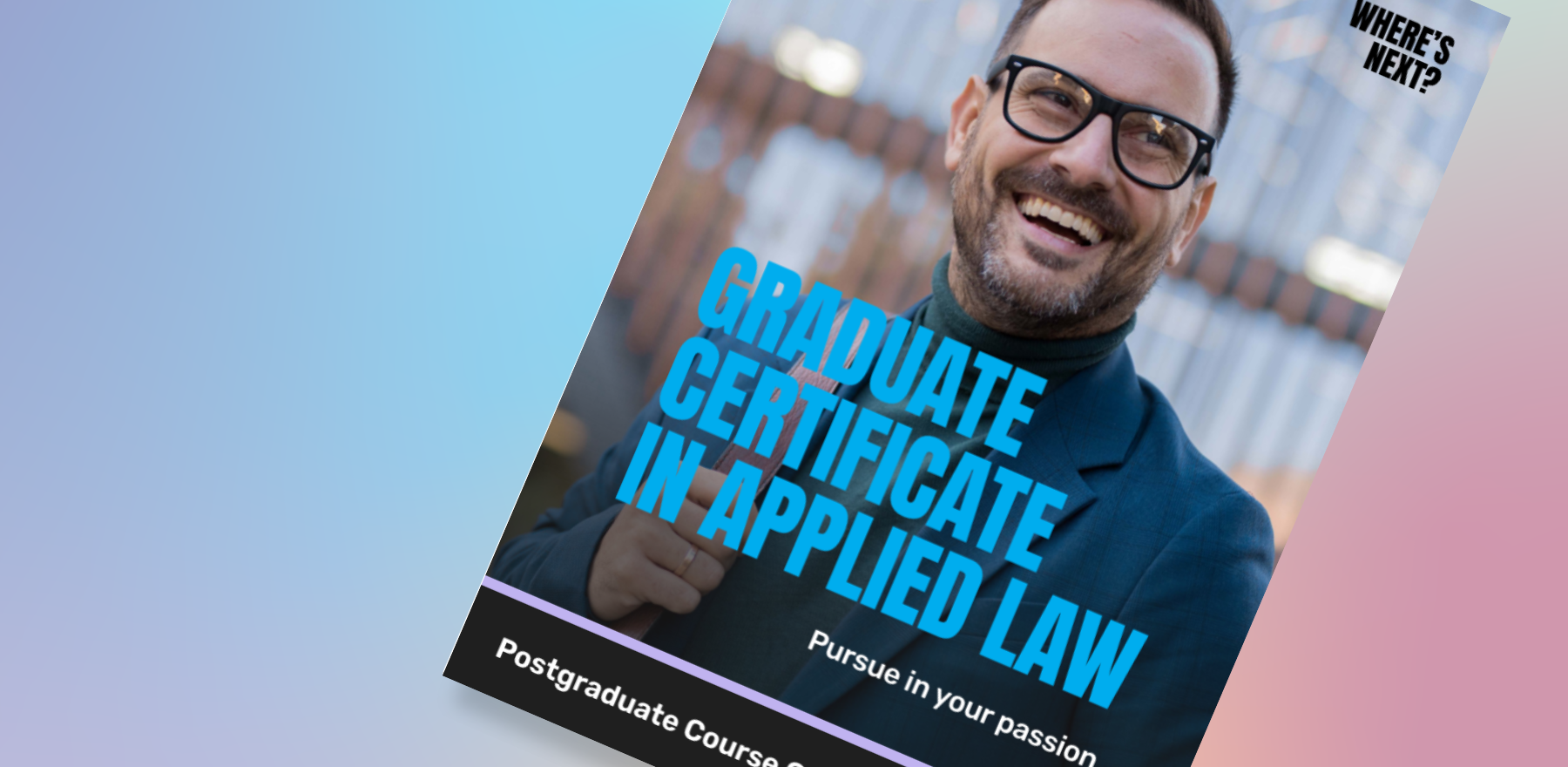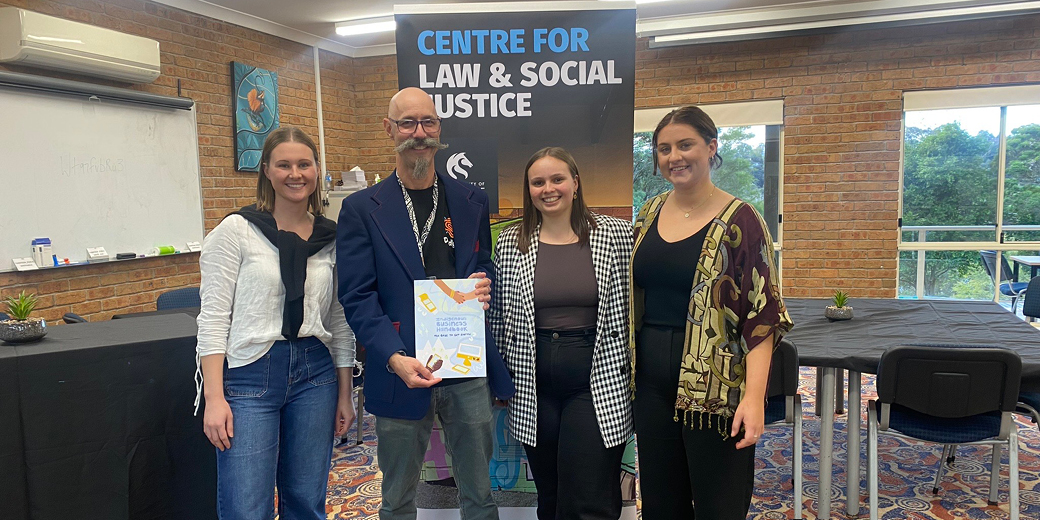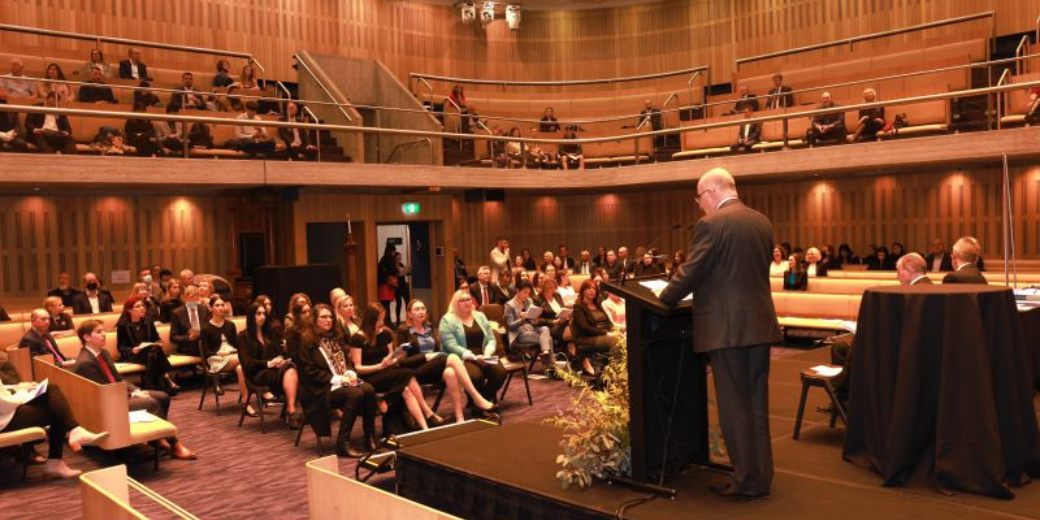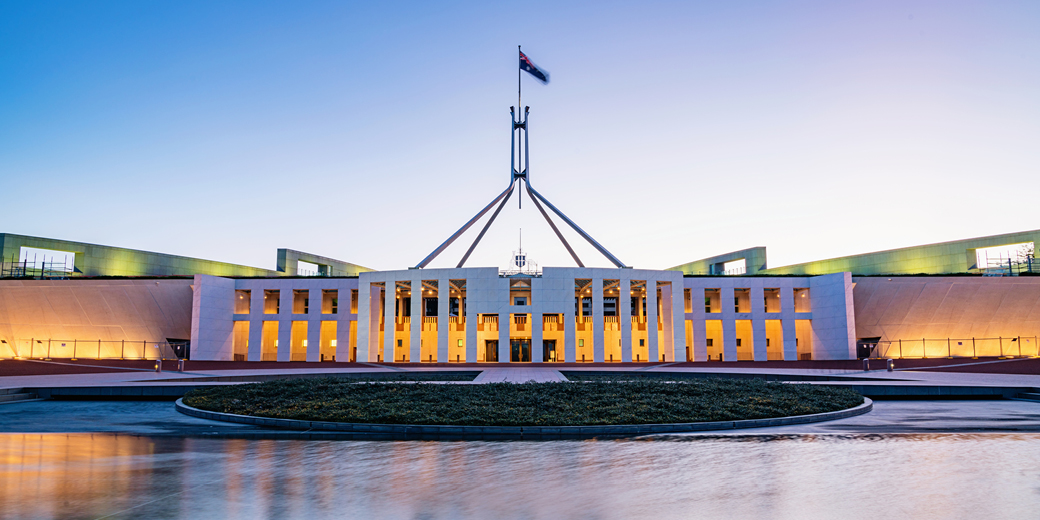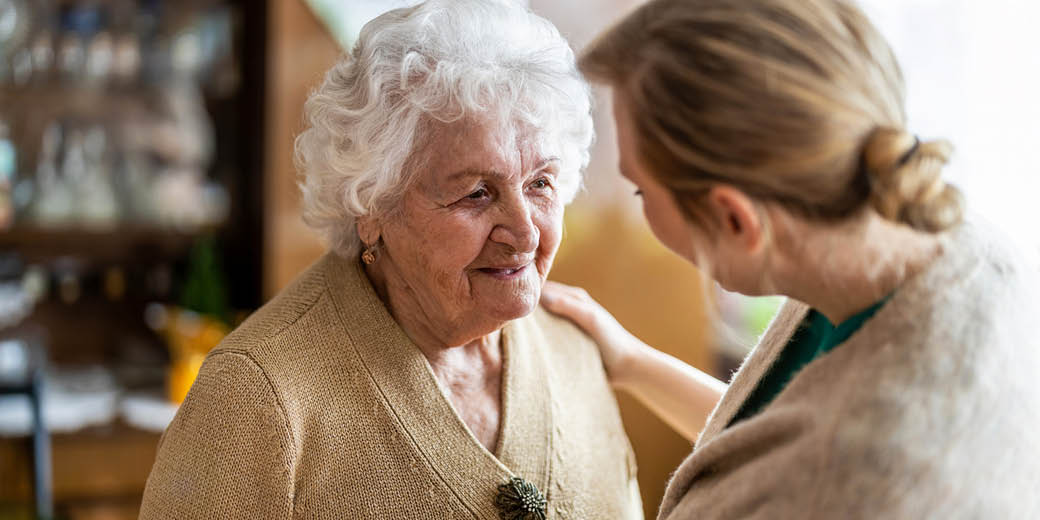When talking with human rights lawyer Nawid Cina, a down to earth, open and unassuming young man, it is very easy to forget the extraordinary things he has achieved by the tender of age of 26. The many lives he has not only changed – but saved.
Working closely with his mother Mahboba Rawi and Principal Solicitor Sarah Dale from the Refugee Advice & Casework Service (RACS), along with Australian volunteers and staff in Afghanistan, Nawid Cina managed to evacuate more than 100 vulnerable women and children from Australian-run orphanages in Afghanistan when the Taliban took control in 2021. The orphanages were established by Mahboba’s Australian charity Mahboba’s Promise over a 25-year period, the Australian connection put the women and children living at the orphanages at significant risk from the Taliban.
It took Nawid, Sarah and Mahboba 12 obsessive and tenacious months of un-ending campaigning, lobbying, advocacy and paperwork, not to mention Nawid risking his own life by going to Afghanistan, to bring these women and children to safety. A period of time Nawid sums up as “fraught and traumatic”.
A graduate of the College of Law, Nawid completed Bachelor of Laws and Bachelor of Arts in International Studies at the University of Technology, Sydney, worked as a paralegal with MillsOakley, undertook practical legal training with RACS, worked with Elizabeth Broderick at the Champions of Change Coalition and then moved into senior management roles with Mahboba’s Promise. Nawid was awarded the Australian Human Rights Medal in 2022 for his humanitarian work and co-founded the ‘Future Leaders for Gender Equality’ student program.
We caught up with Nawid to learn more about how he battled bureaucracy and red tape through grassroots activism and legal legwork to achieve the impossible... To save lives when all hope seemed lost and the system was working against him. For those interested in pursuing human rights law Nawid offers powerful career advice, along with a call to action for experienced lawyers who would like to give back.
“What we're talking about is pushing the government to make a policy decision that resulted in what seems to be the largest number of unaccompanied children evacuated in our history in one go. But to do this from a legal and policy perspective was literally moving mountains,” Nawid Cina.
How the system erases humanity
“The process never stopped. It demanded that we were constantly having to update and provide more information regarding the cohort, even in moments of absolute chaos and danger on the ground.”
As Nawid explains, in a system of rules, in a system of processes, we forget humanity.
“But humanity is the most important thing. We're in this weird twilight zone where no one talks about what's important,” Nawid says. “Though decision makers understand the risk, they have to operate by the process and have so many applications. You're there trying to convince the government to give you visas, they have their own perspective of the reality on the ground. But that reality is not necessarily as things are. Your responsibility is to take that reality and make it align with the Australian decision makers’ priorities - translate it to the system. You’re constantly pushing for humanity and for the urgency of your cause.”
Over 12 months Nawid and Sarah worked to demonstrate the case for humanitarian status for the women, children and vulnerable families living at the Mahboba’s Promise Afghan orphanages. At the core of this claim was that their lives were at risk due to the overt connection with Australia. Australian troops and diplomatic staff were often based at the orphanages and there was an outward public association. Once Nawid and his team overcame insurmountable challenges to achieve Australian visa status for the refugees, they then had to navigate treacherous evacuation routes and a highly complex and culturally sensitive re-settlement process when back home in Australia.
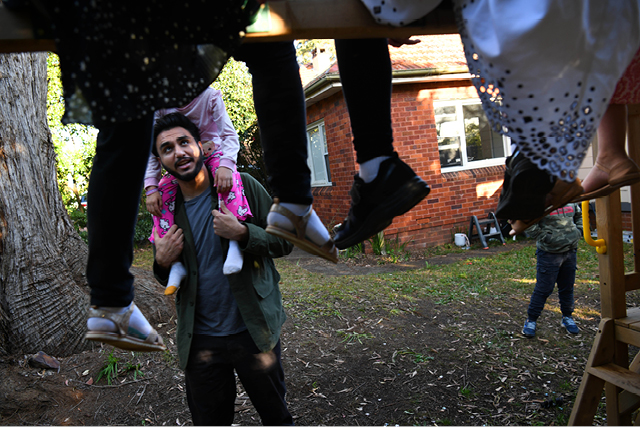
A crisis unfolds in Afghanistan
The Taliban returned to power in Afghanistan August 2021 descending on the capital Kabul August 15. Widespread panic ensued and a two-week evacuation frenzy unfolded as Western countries exited Afghanistan. By September the airports were closed. Nawid’s first response when the crisis emerged was to contact the Department of Foreign Affairs to find out what was happening on the ground and to understand the process for evacuation. It was at this point Nawid realised ‘the situation’ was “utter chaos”, and no one knew what was happening, nor what was required to evacuate people. This took time to work out.
Initially it was suggested to Nawid that if he could get those most at risk to Kabul airport there was a real chance for evacuation. To get the children safely into the airport, Nawid required visas. But this was not the case.
“My whole task, while the airport was open, was trying to get a government official to provide some form of written go-ahead. The security agency made up of US, Australian and Kiwi veterans said they would take the children on a plane and open the gates if we could get a visa or letter from the government. But the letter never came.”
Nawid and his team needed to work out how they could circumnavigate the in-depth application process required for emergency 449 visas, which requires layers of information around the protection claim. Working closely with RACS, they commenced an initial application process, with the assistance of volunteers. In the end they worked out they could put in an expression of interest rather than individual applications for every person.
“As we were working through the visa process the scenes from the airport were incredibly distressing. We managed to get visas for 17 orphans and worked to get them out via the Pakistan border,” Nawid explains. “Fortunately, it went off without a hitch but when we were later attempting to move the remaining women, children and charity workers out, the situation had deteriorated dramatically, they knew we were trying to get them to the west.”
While saving 17 orphans was significant, all Nawid and his mother could think about were the remaining women and children left at the orphanages. Working closely with Sarah Dale from RACS, they spent the next 10 months preparing and submitting complete applications, whilst doggedly campaigning to achieve the impossible.
Battling red tape with lobbying, advocacy, and politics
As a lawyer your role involves constant learning, problem solving and pivoting. And Nawid, though still not admitted as a lawyer at the time, needed to learn quickly. How do you obtain visas, what’s the process? How do you lobby for a visa? How do you lobby? How do you learn advocacy?
“You are constantly making a legal case, supporting your claim. You learn advocacy and how to generate public interest in a cause, whether that’s through media or otherwise, but there is a whole other world that comes with shaping and influencing policy,” Nawid says. “The most important thing was demonstrating that Australians care, once the Australian Government realises how deeply Australians care, it gives the cause power.”
Nawid was able to rely on the strong reputation of Mahboba’s Promise, its tenure, as well as seeking and finding support on both sides of politics and the media. Nawid was relentless in his communication to both sides of parliament, networking and looking for contacts, anyone that might know someone else who could put their case forward. In the end it was Liberal MP Alex Hawke who granted the visas.
“It is crazy to think the same government that has had such a strict policy on refugees, ended up accepting these children and their resettlement. I am deeply grateful to the public service, there are so many good people in the public service, and on both sides of Government who care, and we can’t forget that. They too worked around the clock, many of them throughout this whole process,” Nawid says.
“The media also played a significant role; we were front page of the ‘The Daily Telegraph’ and featured on ‘The Project’ - both right and left covered our story. But even the ten months of advocacy, lobbying, pushing the media, it was only by going to Afghanistan that the policy shift occurred. That is where the obsessiveness, devotion and tenacity came in.”
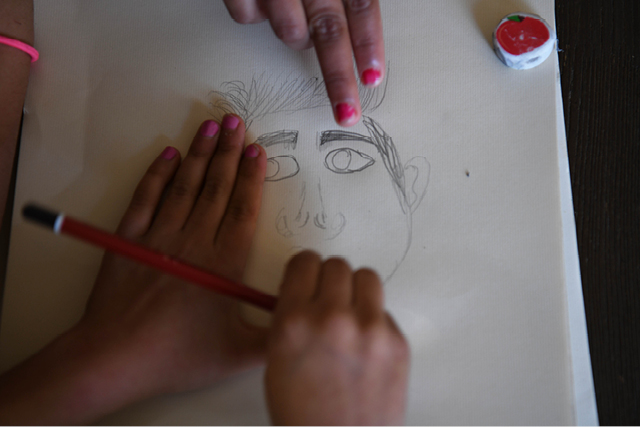
Grassroots activism moves mountains (and policy)
With the pressure of 100 lives on his shoulders Nawid could not give up, and with the visa application process labouring on, making cases for each individual person, he made a snap decision.
“Prior to going to Afghanistan, a senior public service worker had suggested that the children would have been issued 449 visas in August 2021 if we had presented to a border or the airport. We had never received such advice in August, but this opened up the possibility of something happening whilst I was in Afghanistan,” Nawid explains. “When I got to Afghanistan Sarah Dale sent through my updates from Afghanistan to the government explaining we had someone on the ground who had assessed the situation and confirmed that we could not guarantee any level of safety for anyone at the orphanages.”
Once it was safe to do so, Nawid and his team let the government know it was him on the ground, he believes the information that was provided from Afghanistan helped turned the tide.
“Being on the ground, close to the issue, changed everything. I think when working on a human rights issue, proximity to what is happening is so important, of course keeping safety and risk in mind,” Nawid says. “In the end, being there and working with Sarah to communicate to the Government what was happening just made it clear we could not find safety for these children. It was around that time I got the call from Sarah that 91 visas were on the minister’s desk. I couldn’t believe it.”
Once the visas were granted Nawid stayed in Central Asia for another six weeks trying to organise the evacuation. Afghanistan had become too unsafe and so Nawid based himself in the region. Previously the best route was through to Pakistan but by this stage Pakistan had closed its borders. To get across the border required a valid Afghan passport along with Pakistan visas. Trying to obtain passports under Taliban rule was impossible. So, at the same time, they were lobbying Pakistan to grant amnesty.
“We were lobbying the Australian Government to push the Pakistan Minister of Interior to grant the amnesty. The amnesty was finally granted as we were able to piggyback off the back of other international NGO’s who successfully obtained it.”
Once all the bureaucratic pieces of the puzzle were in place, the daunting task of trying to evacuate the remaining group of women and children across heavily guarded borders had to be tackled. And while the media painted a happy ending, this was not quite the case.
“Many were left behind, and some in dire circumstances. The process was not clean and it was a feeling of muted success,” Nawid shares. “We were shown how real the risk was, till the end. The security agencies that worked with us assisted greatly, but it was never a guarantee even with them. Having the grassroots connections of the charity, of what my mum was able to harness over these years, all the work of our staff and volunteers was what made the evacuation a reality.”
How pursuing human rights law fast-forwarded Nawid’s career
Growing up around his mother’s charity, Mahboba’s Promise, Nawid learnt what a life of service looked like, watching his mother give back day in and day out. He also gained a strong sense of social justice as he witnessed the stark gender inequality in Afghanistan, where women are denied access to their basic human rights including education and work. As a result, gender equality became a default human rights issue for Nawid. Nawid was also heavily influenced by a young law student of Afghan background who mentored him.
“He put a lot of effort into me and other young boys in our community, it made me want to give back and so I also mentored boys in our community. It gave me a strong sense of grassroots community connection,” Nawid says.
“I often heard ‘you would make a great lawyer’, but I never fell in love with the law, just one aspect of it – justice. And I saw that a legal career could open doors in the human rights space. I recognised if I was to live a life where I was giving back then being a lawyer gave me an incredible understanding of the system and how to change it. It was too good a tool not to utilise.”
And while Nawid is all too familiar with the classic graduate pathway, entering a top law firm straight after university, he wants other young lawyers to know there are viable alternatives.
“Success does not have to be confined to working with a prestigious firm,” Nawid says. “The experience I gained from my work at the charity meant I gained senior responsibility rapidly. It also led to some amazing relationships, including with Elizabeth Broderick AO and Janine Whiteman from LexisNexis.
“Liz opened up a whole new human rights pathway for me with work in institutional gender reform at the Champions of Change Coalition. It was experience at Champions, and seeing how Liz worked that proved to me that systemic change from within was a possibility.”
Nawid credits his work at RACS with giving him an understanding of how refugee law works in Australia, as well as an understanding of the core elements of a humanitarian claim. He was exposed to skilled lawyers as well as given autonomy, combined, this expedited his learning.
“For those considering a human rights career in law don’t be afraid to go against the grain, it can be really hard when you are a grad as you feel insecure but there are other paths to success,” Nawid says. “The classic grad program you can do very well, I know many people who have taken two years and then pivoted to a human rights role and a lot of human rights organisations value that professional experience. So it’s very valid. But for those who don’t want to give those few years you can get involved actively straight away.”
The first step Nawid suggests for those interested in human rights is volunteering for an NGO or organisation they are passionate about. This helps provide understanding, context and the opportunity to network.
“I believe with NGOs and even community legal services volunteering has become less common with more paid positions on offer. If you are bright, young and savvy – you can have a massive impact on these spaces if you have the energy to give. You can bring fresh thinking and enable change, and don’t underestimate the legal training you have already received. The experience lets you understand the sector, the issue you’re passionate about, and creates opportunities for paid work.”
Here’s how you can give back (if you want to)
The charity is keen for any lawyers interested in pro bono work to get involved. They are currently looking for a treasurer to join their board and are keen for any lawyers looking to give back, especially those with experience in compliance or policy writing.
For more information on the charity please head here:
https://mahbobaspromise.org
For volunteer work please refer to this link:
https://mahbobaspromise.org/volunteer-with-us/
“Our profession provides us with an incredible ability to give back and it's a shame if we don't use that opportunity,” - Nawid Cina.












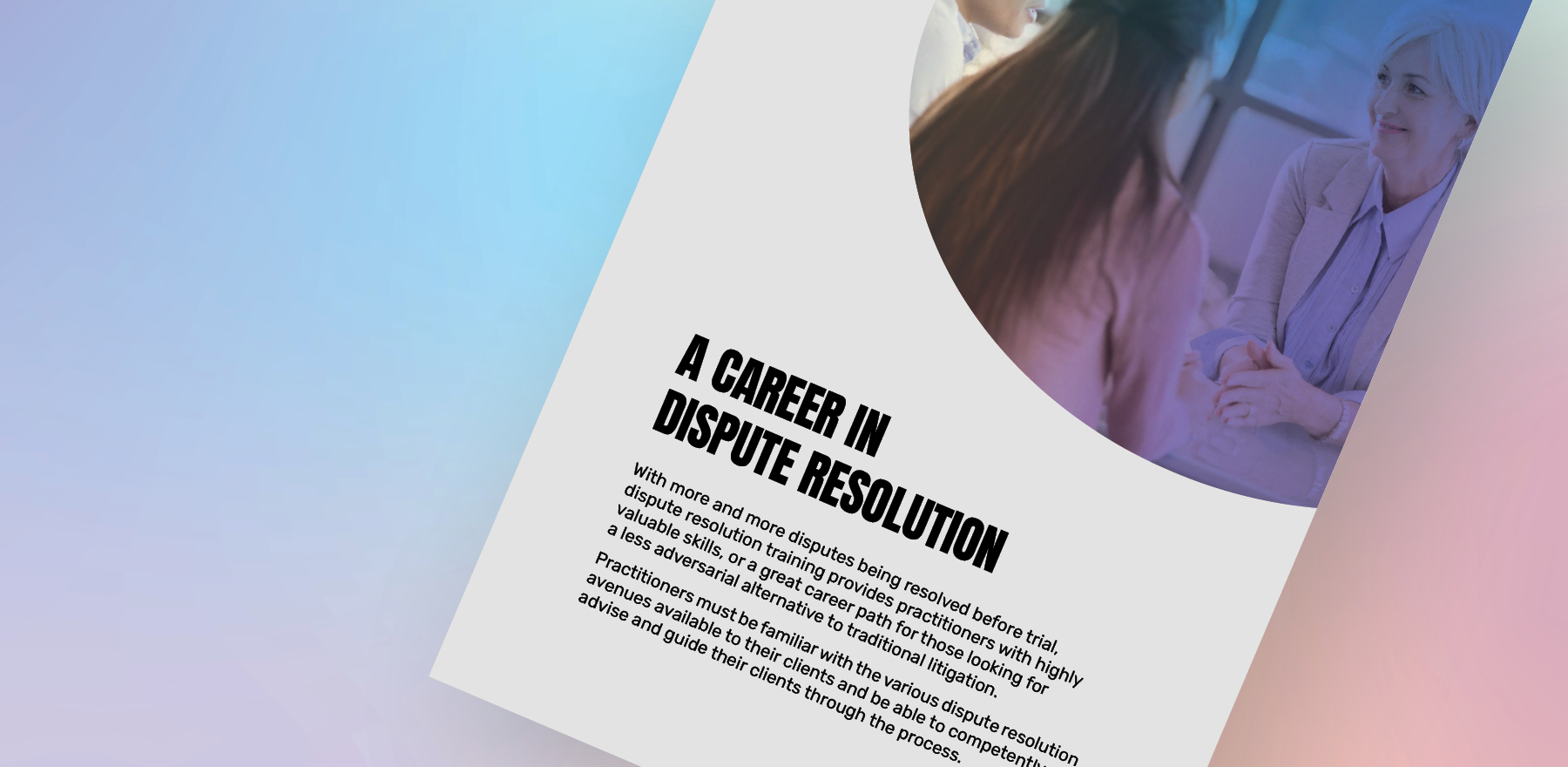

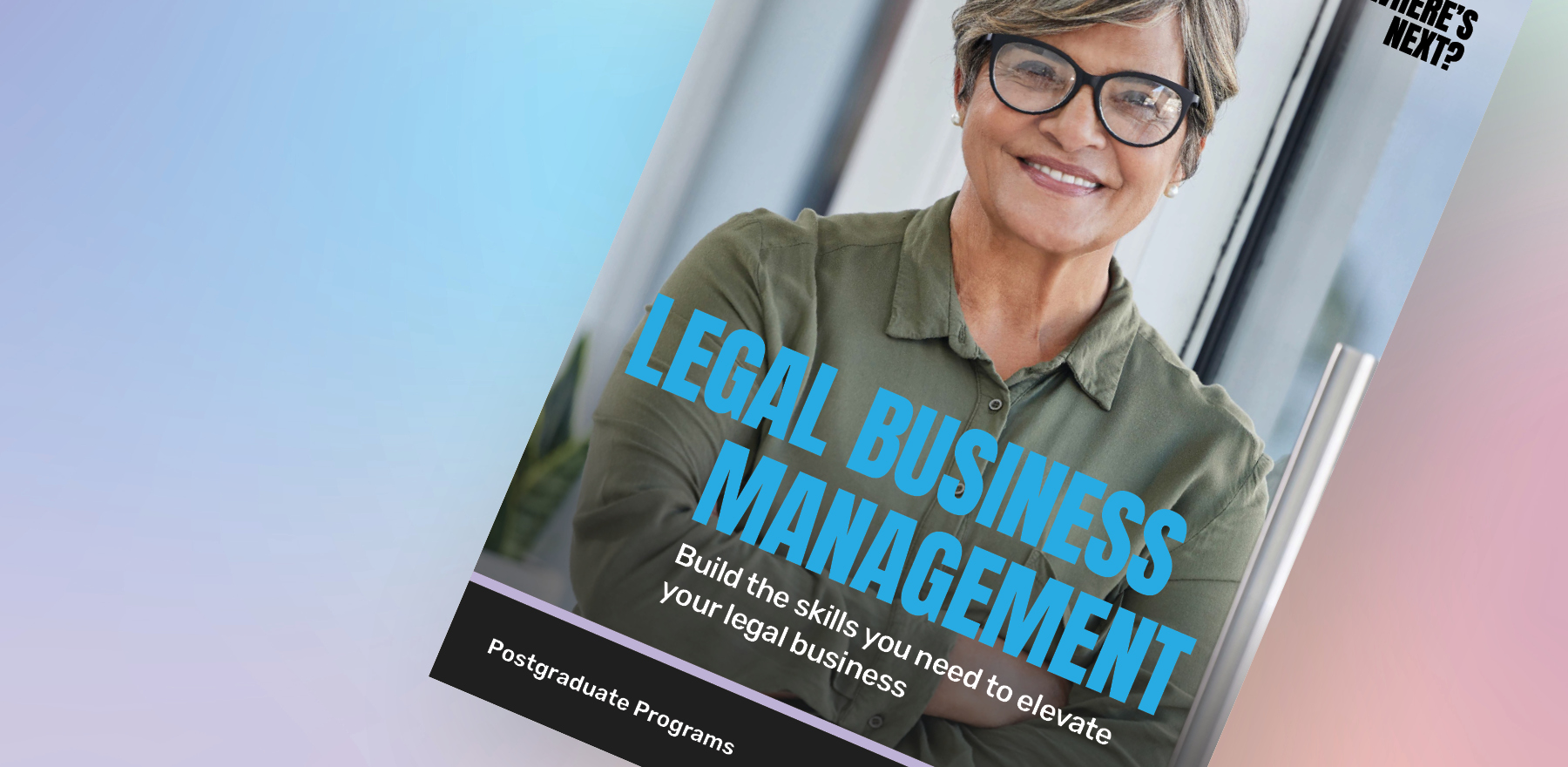


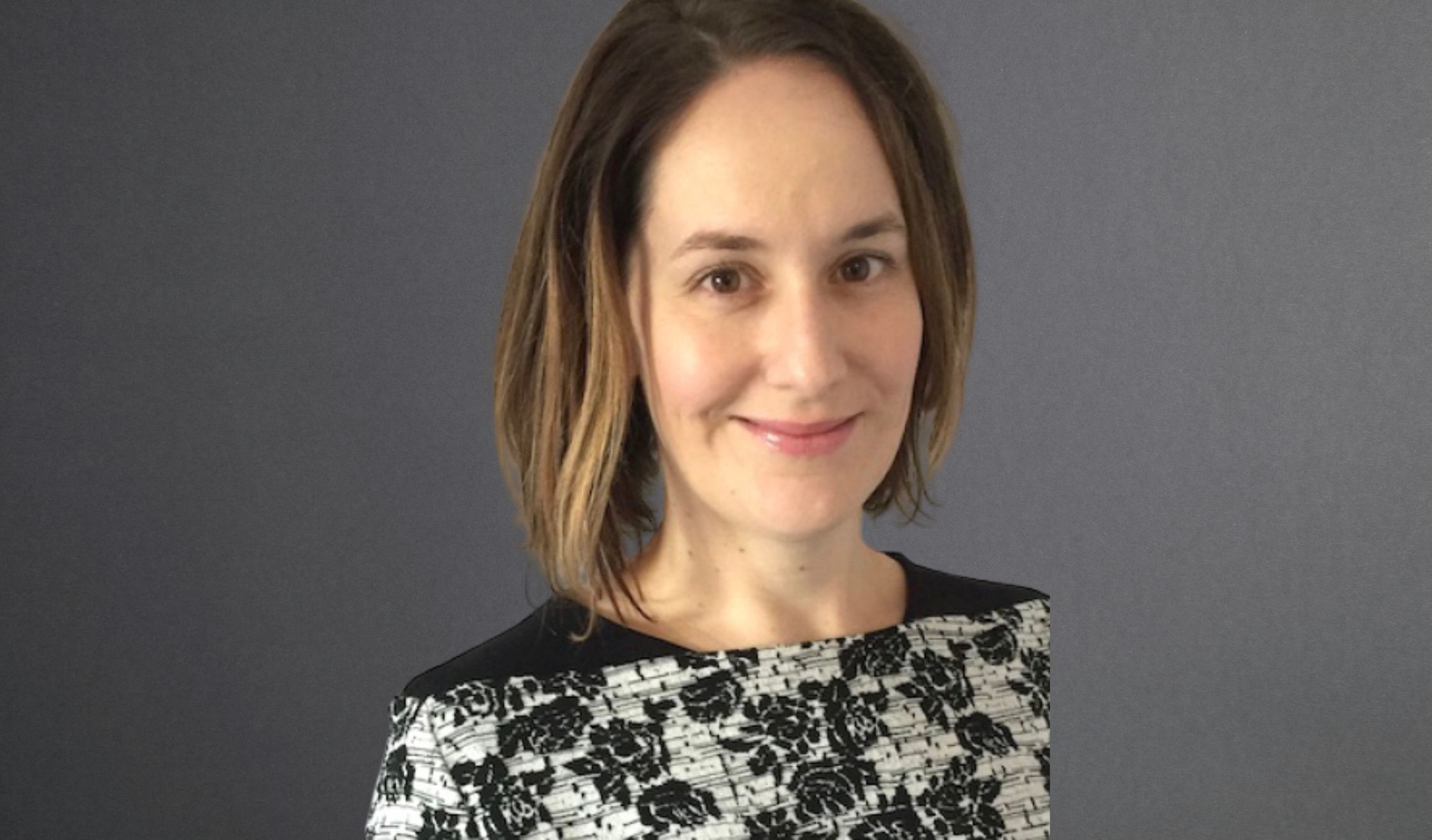

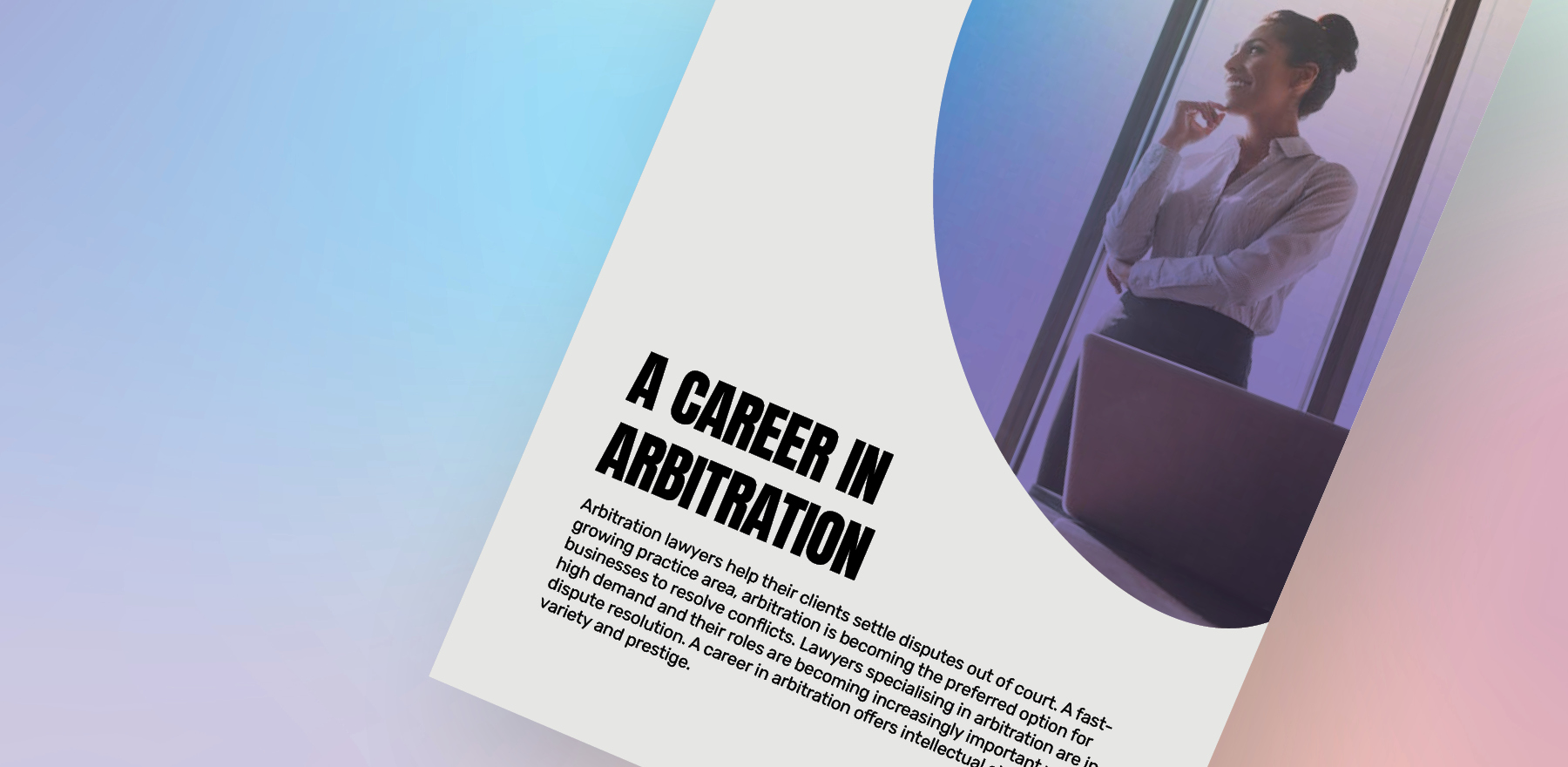

















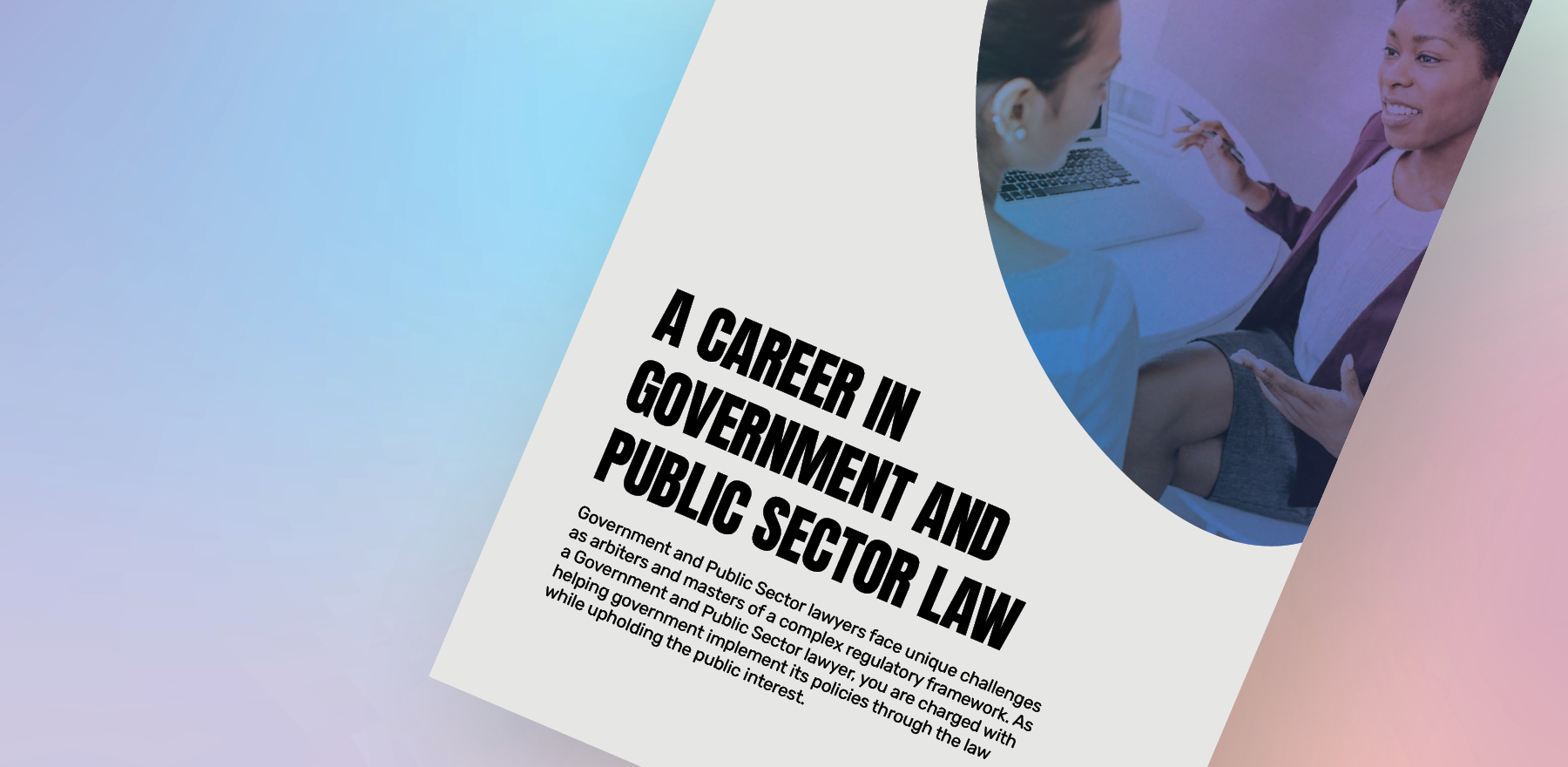


![How to handle Direct Speech after Gan v Xie [2023] NSWCA 163](https://images4.cmp.optimizely.com/assets/Lawyer+Up+direct+speech+in+drafting+NSW+legislation+OCT232.jpg/Zz1hNDU4YzQyMjQzNzkxMWVmYjFlNGY2ODk3ZWMxNzE0Mw==)




















